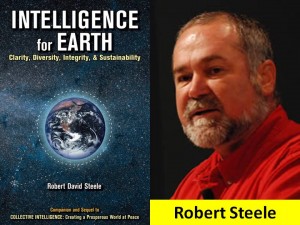
When you cannot locate information on Google, what does one do? Some people just guess? Others use spreadsheets and make up data? Quite a few people go to the library. Well, “quite a few” may be one of those unsupported factoids about modern life.
Navigate to Pew Research and check out the outfit’s most recent report How Americans Value Public Libraries in Their Communities. You can find it at http://bit.ly/1bLMEOt for now.
The report contains good news and bad news. Here’s a positive finding:
91% of Americans who have ever used a public library say it is not difficult to find what they’re looking for, including 35% who say it is “very easy.”
On the other hand, the Pew Report says:
“54% of Americans have used a public library in the past 12 months, and 72% live in a “library house hold.”
If accurate, this statement identifies a Pew sampling issue and underscores the need to reach the 46 percent of folks who don’t use the library more than once in a blue moon.
Since my team started Marketing Library Services in the late 1980s, library marketing has remained an important job. I sold this publication to Information Today and the MLS information service, like library marketing itself, remains mostly unchanged over the last 20 years. That in itself makes clear one aspect of the library market: It is slow moving.
I noticed the last time I used our local library that useful online resources were no longer available to patrons. The budget pressures on libraries are significant. The vendors of commercial databases have priced their commercial reference products so that only a few institutions can afford them.
The Pew Report does little to lessen my concern that easily distorted free Internet information is creating a false sense of “research security.” Libraries are an asset. I want to see them become more important, offer more commercial database access, and communicate that there is more to research than letting Google’s personalized research provide information automatically.
Here’s hoping for a more vital role for libraries in 2014.
Stephen E Arnold, December 31, 2013
ROBERT STEELE: Knowledge is fragmenting fast. The publishers are in their death throes at the same time that the Internet has failed to produce aggregators of substance who can be trusted. Among many other valuable functions, the Open Source Agency (OSA) as conceptualized by myself and Congressman Rob Simmons (R-CT-02) would include $1.5B a year ($30M for each of 50 states) to create Community Intelligence Networks. These would be centered on a duality — public libraries with complete access to all knowledge online and National Guard watch centers in support of state and local government warning, situational awareness, and emergency response.
See Also:
IO 3 Paths to Peace & Prosperity
NATO OSE/M4IS2 2.0
Open Source Agency (OSA)




